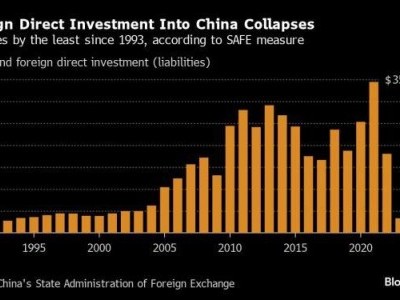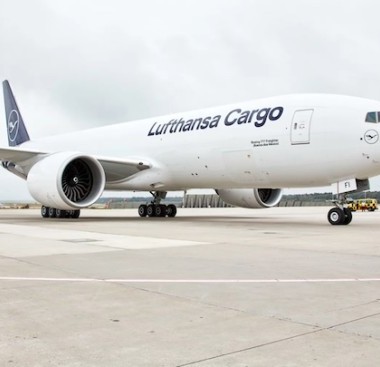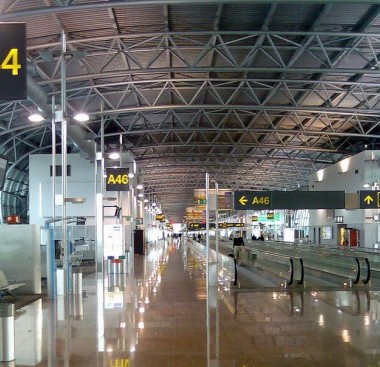Wheat advances amid strike on Ukraine port, export talk hurdles
Wheat futures recovered from their recent rout after a Ukraine port was attacked and amid looming uncertainty over the next round of Black Sea grain export talks.
Russian forces fired at least seven missiles on the southern Ukraine port of Mykolayiv on Wednesday, regional governor Vitaliy Kim said on Telegram. The area is normally a major hub for Ukrainian agriculture shipments. Crop trader Viterra said one of its terminals there was struck and a Bunge facility was also hit.
Turkey plans to host more discussions soon regarding a potential corridor for grain shipments from the Black Sea, local publication Haberturk reported. The last negotiations, held earlier in June, yielded little progress and Ukraine’s exports remain significantly constrained by Russia’s invasion.
While the prospect of more talks has weighed on grain prices, “the difficulties of reaching an agreement remain high,” Paris-based adviser Agritel said in a note. Heightened risks for large cargo vessels transiting Russian ports amid the war also might restrain exports of its upcoming bumper crop, according to UkrAgroConsult.
Wheat futures in Chicago rose as much as 3.2%, before paring gains to trade 1.5% higher. That follows a more than 9% selloff across the prior two sessions. Milling wheat in Paris rose.
Markets are also monitoring the status of harvest progress across the Northern Hemisphere. US farmers are collecting winter wheat at a faster-than-usual clip, while drought both there and in the European Union has curtailed overall production.
Algeria purchased wheat in a tender this week, and Tunisia is seeking the grain on Wednesday.
Meanwhile, corn and oilseed futures both dropped, with soybeans tumbling to below $15 a bushel for the first time since the start of February. A selloff in palm oil—which erased its year-to-date gain on Wednesday—has weighed on prices across the complex, and soybean oil is set for its longest rout since 2017.
Similar Stories

Dollar wrecking ball forces investors to seek cover in exporters
View Article
TikTok ultimatum makes US firms a target for China retaliation
View Article
US solar makers seek additional tariffs on panel imports from Asia
View Article
China’s prices are just too low for buyers to sweat about tariffs
View ArticleBlinken lands in China for tense talks as US sanctions loom
Secretary of State Antony Blinken has arrived in China on a mission to press Beijing on issues including its support for Russia and industrial overcapacity, with the threat of new…
View ArticleUS warns of sanctions risk as Pakistan inks deals with Iran
The US has warned of sanctions risks for Pakistan after the government in Islamabad signed security and economic deals with Iran during a visit by President Ebrahim Raisi to the…
View ArticleGet the most up-to-date trending news!
SubscribeIndustry updates and weekly newsletter direct to your inbox!





